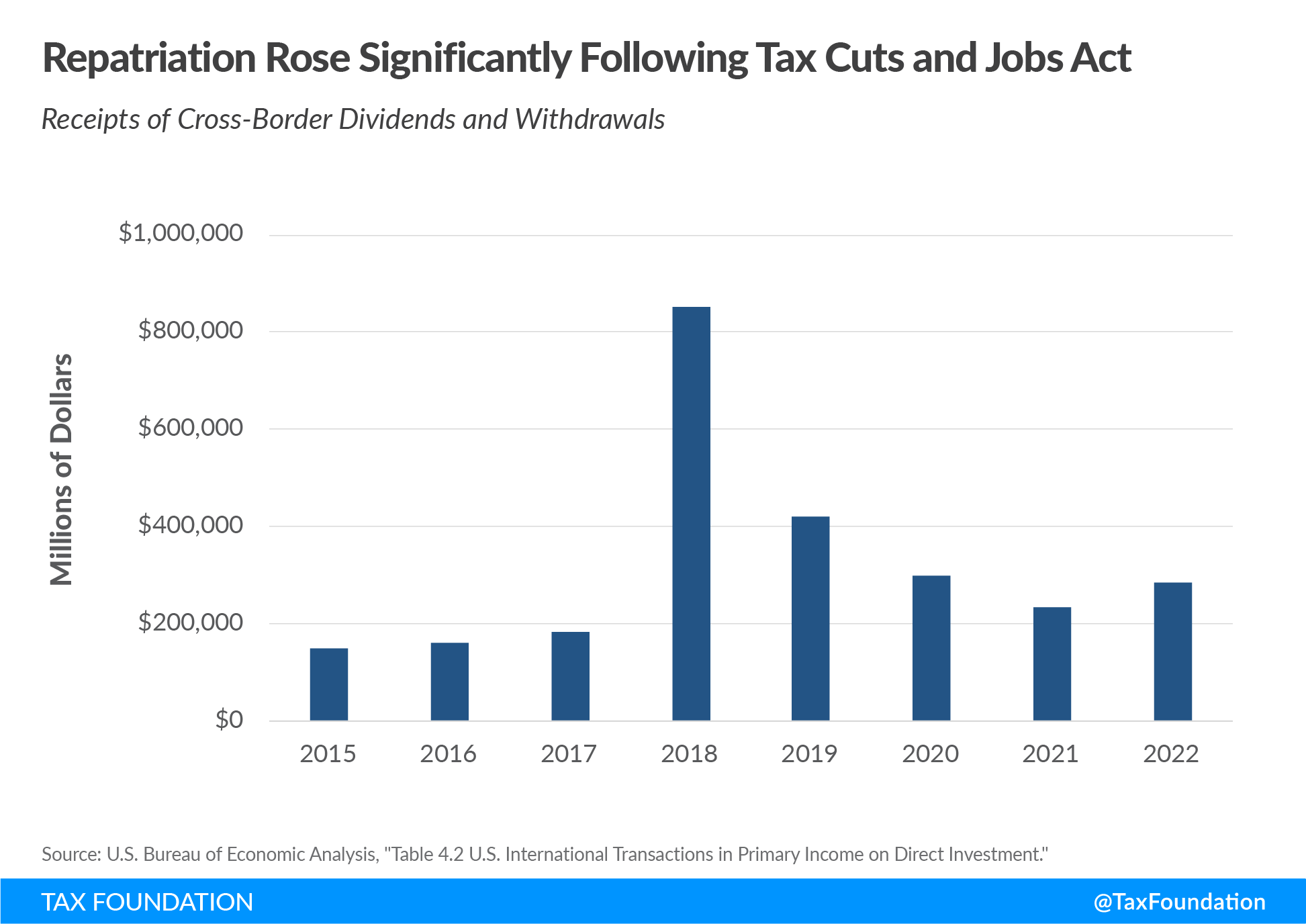Ghostbusters, Billionaires, and Swifties | Tax Policy Center
Who you gonna’ call? TIGTA notes the success of the IRS busting “ghost employers.” The Treasury Inspector General for Tax Administration (TIGTA) released its audit of IRS efforts to identify employers that issue Forms W-2 (Wage and Tax Statements) to their employees but do not submit the forms to the Social Security Administration, do not file employment tax forms with the IRS, nor make any federal tax deposits. The IRS defines these employers as “Ghost Employers.” The IRS’ Criminal Investigation unit has successfully identified and investigated numerous ghost employers since its 2020 establishment of the Ghost Employer Project.
Nebraska broadcasters want lawmakers to nix tax on digital ads. A 7.5 percent excise tax on digital advertising could offset the cost of property tax relief—a hope of Republican Gov. Jim Pillen. The tax is part of a bill that will be voted on today by the Nebraska Senate. The state’s broadcasters are running ads urging listeners to call their senators, but there’s little hope of a last-minute reprieve. The tax on digital ads applies to companies with “combined gross advertising revenue” of over $1 billion, like Google or Facebook, but several Nebraska broadcasting outlets are owned by large national chains that would also be subject to the tax.
Speaking of which: Canada’s digital services tax is in the books. Canada will levy a digital services tax on large technology companies, according to its federal budget released this week. The tax is forecast to raise C$5.9 billion ($4.3 billion) over five years, starting with the 2024 calendar year. That first year’s tax will apply to taxable revenues earned since Jan 1, 2022.
Proposed: A global minimum tax on billionaires to mitigate the human costs of climate change. Esther Duflo, a professor at the Massachusetts Institute of Technology and 2019 Nobel Prize winner in economics, presented her proposal for a global minimum tax on billionaires and an increased global minimum corporate tax. At a meeting of G-20 finance ministers, she shared her plan to raise $500 billion a year with a 2 percent minimum tax on wealth held by billionaires and an 18 percent minimum global corporate income tax. Under the proposal, revenues would be redistributed to low- and middle-income nations as compensation for the costs of climate change—including human life.
Are you ready for it? A “Taylor Swift tax.” The Music Venue Trust in the United Kingdom found that over 125 small music venues closed or stopped hosting live music performances in 2023. The organization has proposed a £1 tax on tickets to musical performances at large venues. Revenues could be used to pay artists who perform at smaller venues.
For the latest tax news, subscribe to the Tax Policy Center’s Daily Deduction. Sign up here to have it delivered to your inbox weekdays at 8:00 am (Mondays only when Congress is in recess). We welcome tips on new research or other news. Email Renu Zaretsky at [email protected].





